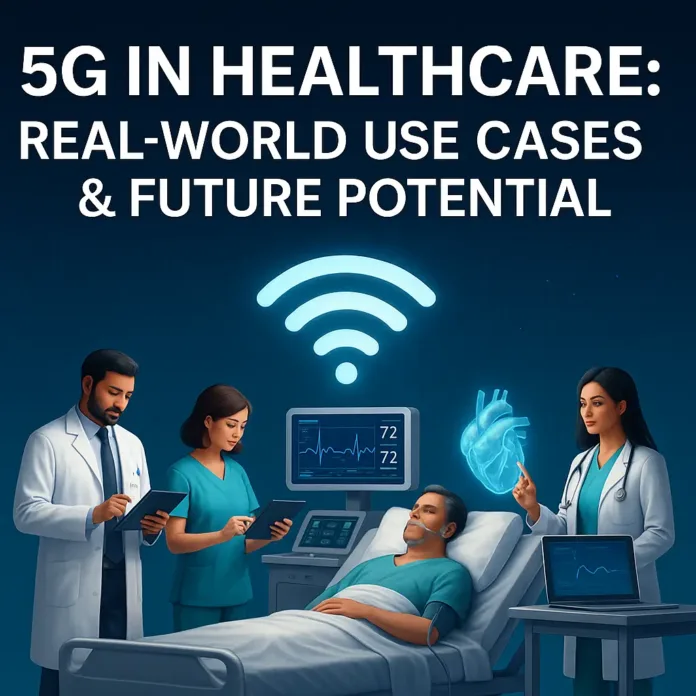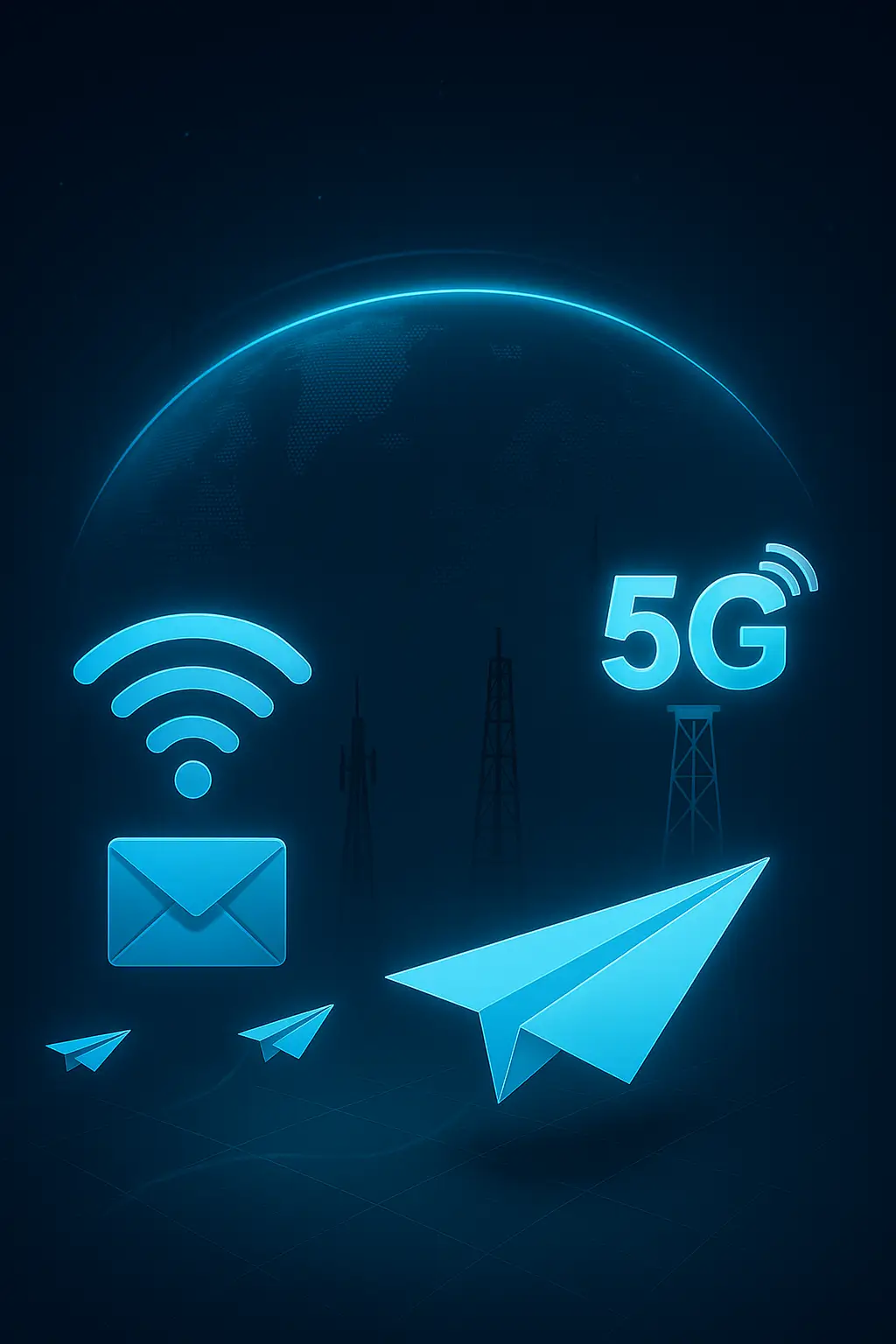The healthcare industry is undergoing a quiet revolution — and 5G is playing a central role. Beyond faster speeds, 5G brings ultra-low latency, massive connectivity, and real-time reliability that are reshaping how medical care is delivered.
In this article, we’ll explore real examples of 5G in healthcare, how it supports next-gen services, and why telecom professionals and students should pay attention.
1. Real-Time Remote Surgery
Imagine a top surgeon in Paris operating on a patient in Marrakesh — using a robotic arm controlled in real time. This is no longer science fiction. Thanks to 5G’s ultra-low latency, telesurgery is now being piloted across several countries.
Use case example: In China and Spain, 5G-enabled surgery projects have already achieved high precision and stability using robotic tools powered by 5G networks.
📌 Related training tip: Many 5G training programs now include modules on healthcare applications and critical use case design.
2. Mobile Clinics & Smart Ambulances
5G-equipped ambulances can transmit:
-
Live patient vitals (ECG, oxygen, blood pressure)
-
High-definition video feeds from the scene
-
Real-time communication with hospitals en route
These capabilities reduce time to treatment, especially in rural or traffic-congested areas.
With the right 5G certification, telecom engineers can participate in designing these emergency systems.
3. Remote Patient Monitoring
With 5G, wearable health sensors can stream real-time data to clinics or caregivers — without delays or data congestion. This opens up:
-
Continuous heart-rate tracking
-
Diabetes glucose monitoring
-
Elder care alerts
This is especially relevant in countries where telehealth is growing rapidly and doctor-patient ratios are low.
Professionals with a 5G course background can support building and optimizing these healthcare IoT systems.
4. AI Diagnostics Powered by 5G
AI models in radiology or diagnostics can now analyze and return results in seconds, thanks to high-speed access to cloud-based computing via 5G. This helps:
-
Detect anomalies in MRI or CT scans
-
Prioritize urgent cases faster
-
Support overworked radiology departments
5. Bridging the Urban–Rural Health Divide
With 5G-enabled mobile units, clinics, and remote diagnostics, healthcare access can now reach underserved regions. For developing countries or regions with infrastructure gaps, this is a breakthrough.
Real example: In India and sub-Saharan Africa, pilot programs with 5G vans are delivering on-site diagnostics with AI support.
Why Telecom Professionals Should Care
5G in healthcare is not just about infrastructure — it’s about saving lives, reducing delays, and improving efficiency.
Telecom engineers and students trained in:
-
IoT and real-time communication protocols
…will be the ones building tomorrow’s medical networks.
📘 Enrolling in a specialized 5G training course or a telecom certification focused on vertical use cases like healthcare is an excellent career move.
The Future Potential
As more hospitals, health startups, and public health systems adopt 5G, we can expect:
-
Personalized health data ecosystems
-
Faster vaccine or drug delivery systems (supply chain + 5G tracking)
-
AR-assisted surgeries with remote collaboration
5G is enabling medicine to become mobile, intelligent, and borderless
Benefit from Massive discount on our 5G Training with 5WorldPro.com
Start your 5G journey and obtain 5G certification
contact us: contact@5GWorldPro.com


